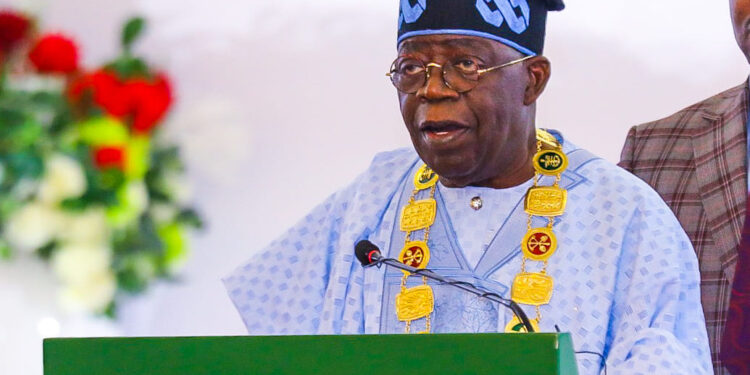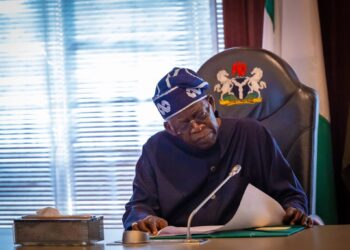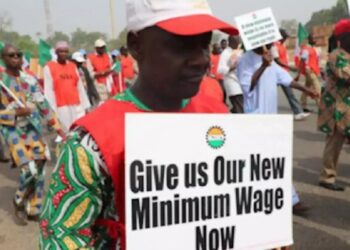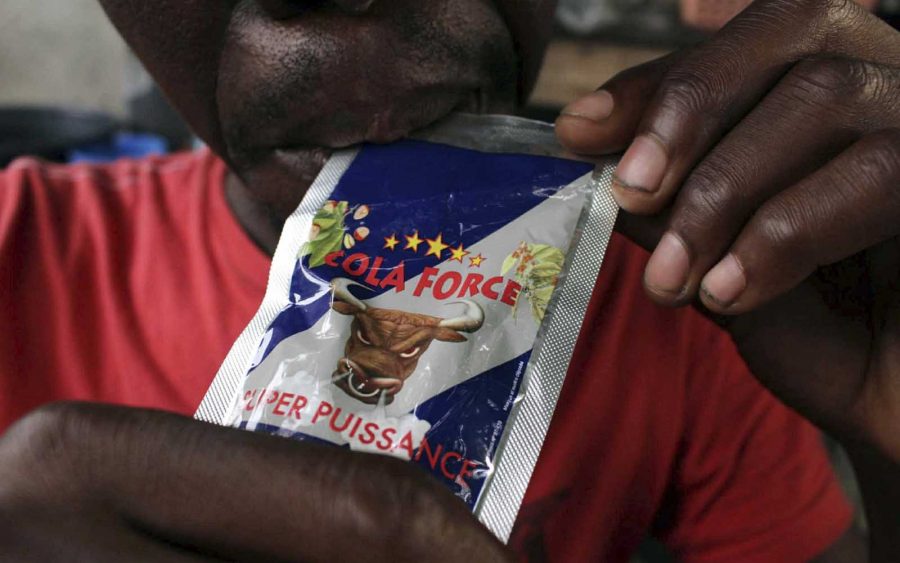The federal government has raised its proposed national minimum wage to N62,000 from previously rejected N60,000, following extensive deliberations with the organized private sector.
This comes as organized labour adjusts its requested amount from N494,000 to N250,000 in the ongoing negotiations.
The agreement was reached after several hours of meetings on Friday, where both parties—the Federal Government and the organized private sector—decided to increase their initial offer from N60,000 to N62,000.
The new minimum wage
Despite this adjustment, organized labour’s proposal of N250,000 remains a substantial figure compared to the government’s offer.
The tripartite committee, constituted by the Federal Government in January, has concluded its deliberations, and the recommendations are now set to be forwarded to President Tinubu. He is expected to present an executive bill to the National Assembly for legislative action.
- The current minimum wage of N30,000, established in 2019, has become untenable amidst the prevailing economic challenges.
- Both the government and organized labour acknowledge the necessity of a new, more realistic minimum wage.
- However, arriving at an agreeable figure has proven difficult. The organized labour’s initial demand of N494,000 was considered excessively high by both the government and the private sector, while labour found the government’s initial offer of N60,000 insufficient.
What you should know
Tensions escalated as labour unions, unsatisfied with the progress, issued an ultimatum on May 31, and subsequently embarked on a nationwide strike on June 3.
- This industrial action brought many businesses to a standstill, demonstrating the unions’ resolve.
- The strike was suspended on June 6 after the Federal Government promised to propose a more substantial minimum wage.
Despite the suspension of the strike, the unions remained firm. The President of the Trade Union Congress (TUC), Festus Osifo emphasised that the unions would not accept a marginal increase.
“No, we also told them that it’s not that we’d get to the table, and you start adding ₦1, ₦2, ₦3,000 as you were doing and we got some good guarantees here and there that they would do something good,” Osifo stated.
Adding to the complexity, the 36 state governors have declared the Federal Government’s N60,000 minimum wage proposal unsustainable.
- Halima Ahmed, Acting Director of Media Affairs and Public Relations of the Nigeria Governors’ Forum, noted that if the proposal is accepted, many states would allocate their entire monthly federal funds to salaries, leaving little for other essential services.
- The governors have appealed for a fair and sustainable minimum wage that does not cripple state finances.






















